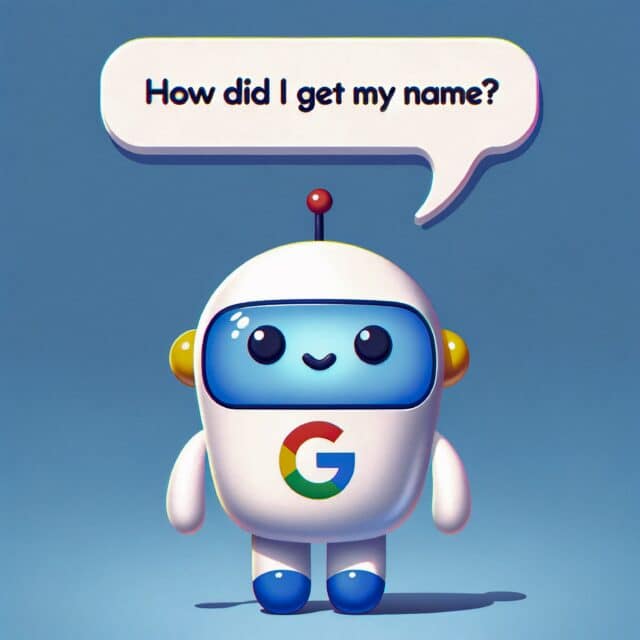The origin of Google Gemini name

Google has just revealed the story behind the name of its innovative AI model, Gemini. First mentioned at I/O 2023, Gemini was introduced as Google's first natively multimodal model. Since then, it has become integral to many Google products, including Search, Ads, Workspace, and Pixel. As Gemini's influence grows, understanding the inspiration behind its name offers a fascinating glimpse into Google's vision and ambition.
Initially, the project was codenamed "Titan," after Saturn's largest moon. However, Jeff Dean, Gemini’s co-technical lead, felt the name wasn't quite right but provided a cosmic cue. "Gemini," meaning "twins" in Latin, and also a prominent constellation, captured the essence of the project's dual nature and expansive capabilities. The Gemini constellation, linked to the mythological twins Castor and Pollux, symbolizes adaptability and duality—qualities that resonated with the AI model's goals.
Google DeepMind, formed in April 2023 by merging DeepMind and the Google Research Brain team, became the powerhouse behind Gemini. This union of two leading AI research groups aimed to accelerate advancements in AI, leveraging combined expertise and resources. Jeff Dean saw the name "Gemini" as a perfect representation of this collaboration. "The twins here are the folks in the legacy Brain team and the legacy DeepMind team," Jeff explained, highlighting the synergy driving the ambitious multimodal model project.
Another layer of meaning comes from NASA's Project Gemini, an essential program bridging the Mercury and Apollo missions. The project's two-person spacecraft, named Gemini, was instrumental in developing techniques and equipment for long-duration spaceflights, paving the way for the Apollo moon landings. This historical parallel struck a chord with Google's team, linking the monumental effort of training large language models to the spirit of launching rockets. Oriol Vinyals, Gemini’s co-technical lead, noted, "It was very fitting to name the most ambitious project we have ever embarked on as Gemini."
Since its launch in December, Gemini has evolved rapidly, introducing versions like Gemini 1.0 in three sizes—Ultra, Pro, and Nano—and later, the 1.5 Pro and Flash models. Google’s fascination with the cosmos continues to influence its naming conventions, reflecting the diverse capabilities and scales of their AI models. Oriol Vinyals hinted at future possibilities, saying, "Other ideas discussed in relation to how to name models were with names of stars in the universe, as there are quite a few of different sizes, like our models."
Gemini's journey is just beginning, with its integration into billions of Google products and its adoption by developers and businesses worldwide. "Gemini was born as the research program to create the most capable models in the world," Oriol emphasized, hoping users will experience continuous improvement and innovation from Google's research teams.
While the future of AI at Google remains unwritten, the Gemini era promises a trajectory of growth and breakthroughs. As Oriol playfully suggested, "Now the question is, will there be a follow-up to Gemini named Apollo?" Only time will tell, but one thing is certain: Gemini's star is shining bright.